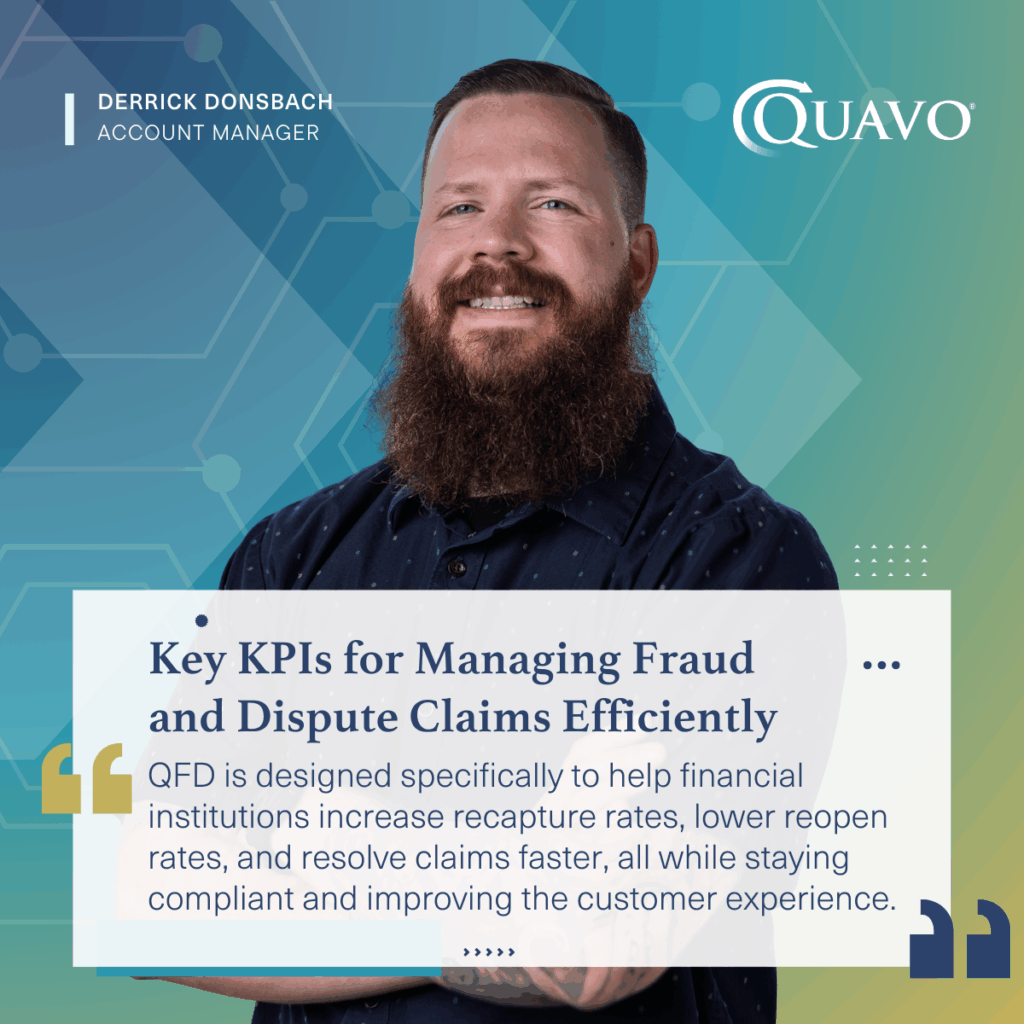In the world of fraud and disputes, compliance is king. Recover what you can and write off what you must, but at the end of the day, remaining compliant with various regulations takes top priority. The CFPB has published numerous Official Interpretations, yet several areas of Regulations E and Z are interpreted differently across financial institutions.
Understanding Regulation E and Z
Regulation E: The Electronic Fund Transfer Act (EFTA) was established to protect consumers engaging in electronic fund transfers. It covers transactions such as ATM withdrawals, direct deposits, debit card transactions, and online banking. The most well-known provisions relate to provisional credit requirements and resolution deadlines.
Regulation Z: The Truth in Lending Act (TILA) aims to protect consumers by ensuring clear and transparent credit terms. It covers significantly more than disputes, such as disclosures related to credit card agreements, mortgage loans, and other types of credit. Key provisions include requirements for clear disclosure of credit terms, consumer rights to dispute billing errors, and protections against unfair credit billing practices.
Regulatory Uncertainty
Almost every provision of these regulations has an exception. To give an example, under Reg E, you MUST give provisional credit within 10 business days (*unless a written statement is required and not returned). You MUST investigate disputes promptly (*unless a final correction is made in lieu of investigation).
One recent area of uncertainty was surrounding Buy Now Pay Later (BNPL). Reg Z subpart B covers open-ended lines of credit, such as credit cards, while subpart C covers closed-ended lines of credit, such as auto loans. Purchases made utilizing BNPL would presumably fall under subpart C, as there is a finite number of payments before the account is closed. The problem this introduces is Error Resolution; Reg Z only covers error resolution procedures in subpart B, which we already established isn’t applicable.
Until the CFPB issued its recent Interpretive Rule, BNPL lenders were free to interpret Reg Z, usually in a way that afforded little to no consumer protection. After July, BNPL purchases will be covered under the standard error resolution rules.
This is merely one instance where technology has outpaced regulations established during Lyndon Johnson’s presidency, highlighting numerous areas that now seem outdated in today’s digital age.
Some other areas of dispute regulations aren’t ambiguous at all but still feel out of place. For example, 13(b) of Reg E, which is more commonly referred to as the $50/$500 rule. A customer loses their card, and someone else uses it without authorization. Not only do they have to go through an often arduous process to file a claim and order a new card, but they can also be held liable for the first $50 of the money stolen from them. If it took longer than two days to call the bank, they’re now on the hook for up to $500. While it’s certainly allowed under Reg E, it flies in the face of “consumer protection.”
At Quavo, we have made a conscious and deliberate decision not to support this provision of Reg E within QFD. This choice was made after careful consideration and reflects our strategic priorities and operational objectives. As a Product Designer, our approach has always been to ensure QFD is fully compliant with the regulations while also working hard to balance the letter of the law and the spirit of consumer protection.
As Quavo continues to build new features and functionality within QFD, we do so with the understanding that adhering to the regulations is non-negotiable. As consumers ourselves, we’ve experienced fraud first-hand and understand the impact of disputed transactions on day-to-day finances. We also realize there are considerations beyond legal obligations and are diligent in demonstrating empathy throughout our designs.
Our commitment to balancing regulatory compliance with genuine consumer protection drives our innovation and design. We invite you to learn more about how QFD can enhance your fraud and dispute management process, ensuring your institution remains compliant while upholding the account holder experience. Reach out to an expert today.






